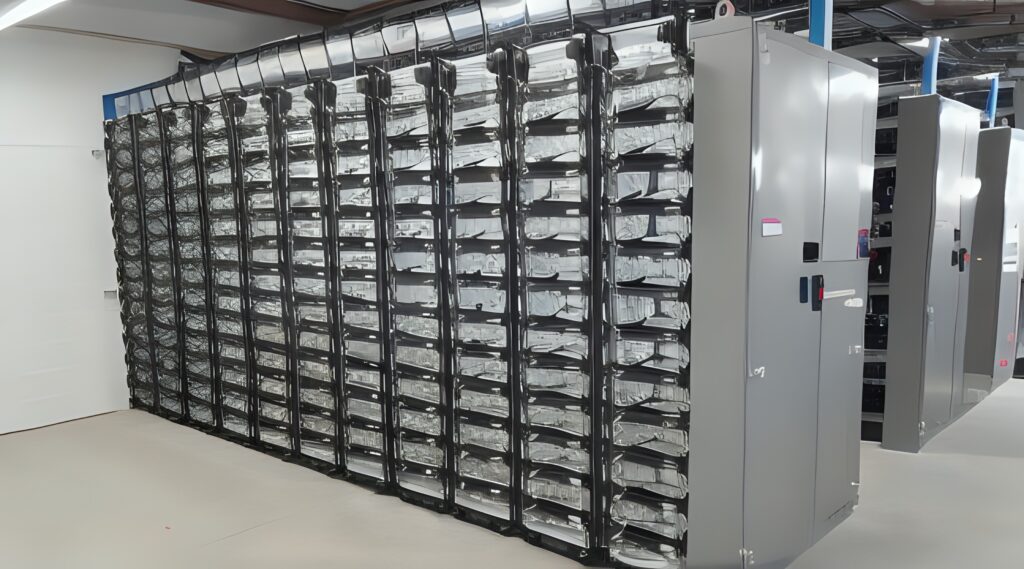
Energy Storage Battery
Listing Category by product
Energy storage battery manufacturers
In the rapidly evolving market of energy storage, manufacturers are driving innovation to meet the increasing demand for reliable and efficient battery solutions worldwide. Catering to both residential and industrial sectors, these companies specialize in developing cutting-edge batteries with high energy density, scalability, and durability. Their advancements are reshaping the way we store and utilize energy, enabling renewable integration, grid stabilization, and backup power systems. With a focus on sustainability and cost-effectiveness, they are paving the way for a more resilient and decentralized energy landscape on a global scale.
Exploring energy storage battery
The energy storage battery is a crucial components in the transition towards renewable energy and grid stability. Here’s a unique perspective on energy storage batteries:
- Diverse applications: Energy storage batteries are utilized in various applications, including grid-scale energy storage, backup power systems, electric vehicles, and residential solar installations. They store excess energy generated during periods of low demand or high renewable energy production for later use, enhancing grid reliability and stability.
- Battery technologies: Different battery chemistries are employed in energy storage systems, each with its own advantages and limitations. Lithium-ion batteries are commonly used for their high energy density, fast charging capabilities, and long cycle life. Other technologies such as flow batteries, lead-acid batteries, and sodium-ion batteries offer specific benefits for different applications.
- Grid integration: Energy storage batteries play a vital role in integrating intermittent renewable energy sources like solar and wind into the power grid. By storing excess renewable energy during periods of high generation and releasing it during peak demand or when renewable generation is low, energy storage helps balance supply and demand, reducing the need for fossil fuel-based backup generation.
- Grid stability and resilience: Energy storage systems enhance grid stability and resilience by providing fast response times to frequency and voltage fluctuations. They can also serve as backup power sources during grid outages, ensuring continuous electricity supply to critical infrastructure, businesses, and homes.
- Cost reduction and efficiency: Advances in battery technology, manufacturing processes, and economies of scale have led to significant cost reductions for energy storage systems. Increasing efficiency and reducing costs enable wider adoption of energy storage solutions across various sectors, contributing to the decarbonization of the energy sector.
- Emerging trends: Emerging trends in energy storage include the development of advanced battery chemistries, such as solid-state batteries and lithium-sulfur batteries, which offer higher energy density and improved safety. Additionally, innovations in grid-scale storage technologies, such as pumped hydro storage, compressed air energy storage, and thermal energy storage, are being explored to address the growing demand for flexible and scalable energy storage solutions.
- Regulatory support: Governments and regulatory bodies worldwide are implementing policies and incentives to support the deployment of energy storage technologies. These include subsidies, tax incentives, capacity markets, and mandates for renewable energy integration, driving investment in energy storage infrastructure and accelerating market growth.
- Environmental benefits: Energy storage batteries contribute to reducing greenhouse gas emissions by enabling higher penetration of renewable energy sources and displacing fossil fuel-based generation. By facilitating the transition to a cleaner and more sustainable energy system, energy storage technologies play a crucial role in mitigating climate change and achieving carbon neutrality goals.
Energy storage batteries are indispensable components of the modern energy landscape, providing flexibility, resilience, and sustainability to power systems worldwide. With ongoing advancements and supportive policies, energy storage is poised to play an increasingly vital role in the transition to a low-carbon future.



















